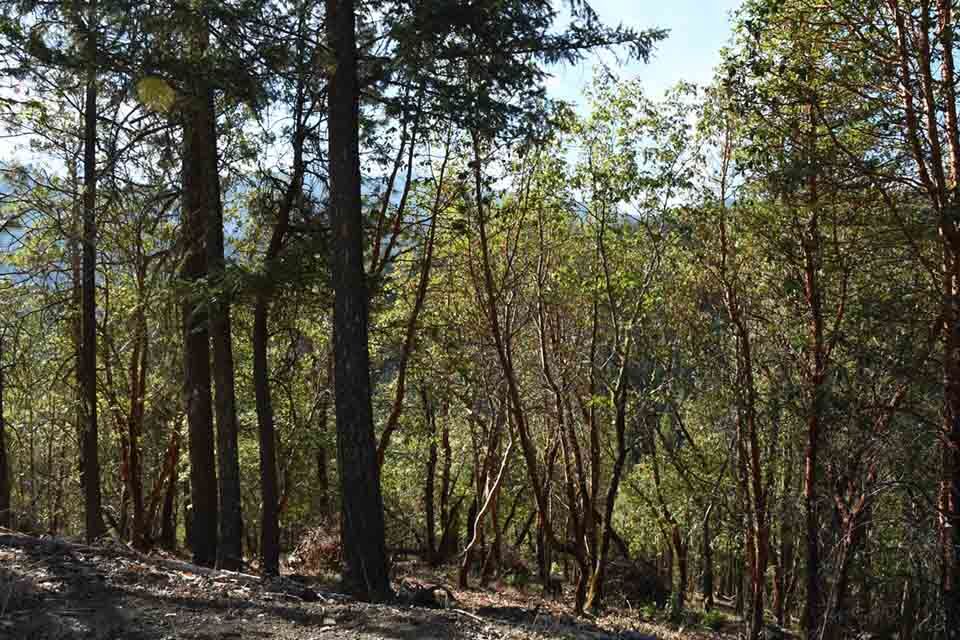Oregon Environmentalists Take Legal Action to Stop BLM Removing Timber from Forest Near Grants Pass

A lawsuit to stop the Bureau of Land Management (BLM) from increasing fire hazards with the removal of timber from an old-growth forest north of Grants Pass was lodged on Tuesday by environmentalists in the Medford District Court.
The Threatened Northern Spotted Owl Habitat is Also Under Threat
Also at threat is the Last Chance project to protect the threatened northern spotted owl, according to the lawsuit lodged by Klamath-Siskiyou Wildlands Center, Cascadia Wildlands, and Oregon Wild.
The environmentalists express alarm at the impact of forest treatments on thousands of acres critical to spotted owl habitats.
BLM Acted Capriciously and Contrary to Federal Land Policy
The plaintiffs claim that BLM acted ‘arbitrarily, capriciously and contrary to the federal Land Policy and Management Act’ when it authorized a timber sale on BLM-administered lands in Douglas, Jackson, and Josephine counties.
The timber sale will auction about 8,500 acres of forestland that environmentalists say will hurt efforts to increase forest resiliency.
In its report, the BLM says the commercial harvests will reduce the spread of wildfires through tree canopies and encourage the growth of larger and more fire-resistant trees.
BLM says provision has been made to retain large forest areas in northern spotted owl territory, and that the proposed commercial logging is intended to promote the ‘development of prime owl habitat.’
BLM Admits Project Will Delay Growth of Forestland in Spotted Own Territory
However, BLM does acknowledge that the project will delay the growth of forestland in northern spotted owl territory by up to two decades but insists that ‘active management…is the best way …to develop high-quality habitat.’
KS Wild spokesperson George Sexton says a table in the BLM environmental assessment report shows that nearly 2,000 acres of the forest will be subjected to hydrological effects – a term used to describe areas where water behaves in the same way it does on land devoid of trees.
Sexton says the reason why environmentalists decided to lodge the legal challenge is to stop BLM ‘from logging practices that remove old growth trees and increase fire hazard.’ Secondly, the lawsuit aims to persuade the BLM to join stakeholders ‘who are trying to increase forest resiliency and decrease fire hazard.’
